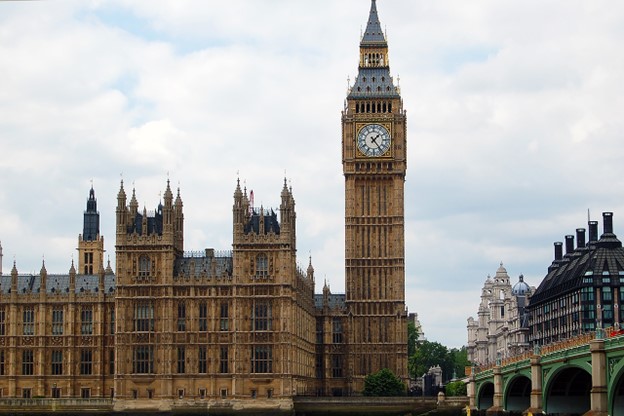The United Kingdom is undergoing a growing free speech crisis. Unlike the United States, there is no “First Amendment” which constitutionally protects free speech.
One key problem is that Britain’s “Online Safety Bill,” passed in 2023. It was originally meant to provide a “safe space” online. However, it is sufficiently vague to allow authoritarian practices.
According to an official Parliament review, the measure establishes an “online safety regime against current freedom of expression laws … the Bill will significantly curtail freedom of expression in a way that has profound consequences for the British media and journalism, courts and the UK’s digital economy. The Bill gives the Secretary of State overseeing the legislation unprecedented powers to curtail freedom of expression with limited parliamentary scrutiny.”
Earlier this year, Reform Party leader and Member of Parliament Nigel Farage, in a Daily Telegraph interview, warned that the Government’s new extremism definition, unveiled during the spring, could “shut down” free speech. He stressed that the measure could be abused by the Government to shut down debate on issues that they did not like, and would permit it to block meetings and funding for groups that criticized elected officials.
The issue has attracted international attention. Human Rights Watch reports that “In 2023, the UK government eroded domestic human rights protections and reneged on important international obligations. The government passed a law further criminalizing protesters and limiting workers’ strikes.”
The Index on Censorship publication worries about the increasingly authoritarian approach to protesting in the UK and the worrying climate this creates for those wishing to peacefully exercise their right to free assembly and free expression.
The Spectator notes that “…people [have been] given prison sentences for posting words and images on social media.”
The Action Institute provides this analysis: “We now appear to have settled into a mentality in which government overreach becomes the norm, reinforcing populist alienation, and our churches sink under doctrinal declension and theological liberalism. Who is left to speak for us? In the first three months of the new Labour government, three actions were taken to set us on a road of diminished rights: (1) universities were exempted from protecting free speech, (2) there was the promise of an extension of hate laws and the recording of “hate incidents” based on what we think and say, and (3) we’re now closer to a conversion therapy ban that threatens both parental and church liberties. One of the first acts of the new Secretary of State for Education (in the U.K., the senior government minister in a department is usually styled as Secretary of State), Bridget Phillipson, was to suspend indefinitely the Higher Education (Freedom of Speech) Act.”
The Free Speech Union describes an example of how extreme the environment has become: “In the wake of civil unrest that spread across the UK following the murder of three children in Southport, [Prime Minister]Sir Keir Starmer has overseen the harshest of crackdowns on those suspected of online involvement, and on several occasions spoken approvingly about the ensuing wave of prosecutions. This includes one man who has been sent to jail for 18 months for sharing something “offensive” that someone else said on Facebook, and another man who has been sent down for three years for posting “anti-Establishment rhetoric.”
There is deep concern that so-called “Contempt of Court” charges are being employed to discourage criticism.
Article 19, a free speech group, explains that The UK is expanding its powers to suppress protest rights, citing measures such as the Police, Crime, Sentencing and Courts Act 2022 and the 2023 Public Order Act, measures soundly criticized by Amnesty International. It described how, In May 2024, former Home Secretary Suella Braverman was ruled by a high court to have acted unlawfully by making it easier to criminalize peaceful protests. Various groups conducting peaceful protests have suffered as a result.
Illustration: Pixabay
